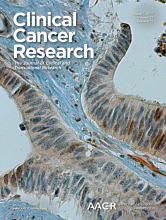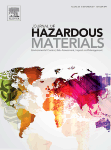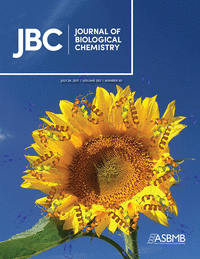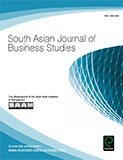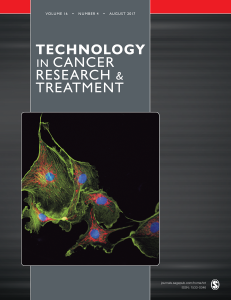 SAGE recently retracted three 2015 papers from one of its journals after the publisher found the articles were accepted with faked peer reviews. The retraction notices call out the authors responsible for submitting the reviews.
SAGE recently retracted three 2015 papers from one of its journals after the publisher found the articles were accepted with faked peer reviews. The retraction notices call out the authors responsible for submitting the reviews.
This trio of retractions is the second batch of papers withdrawn by Technology in Cancer Research & Treatment over faked reviews in the past eight months. In 2016, the journal began investigating concerns from an anonymous tipster about faked reviewer reports and subsequently retracted three papers in December over “manipulation of the peer-review process” (1, 2, 3).
Jennifer Lovick, the journal’s executive editor, told us the recent issues have prompted the journal to take steps to strengthen the peer review process: Continue reading SAGE journal retracts three more papers after discovering faked reviews
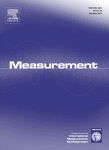
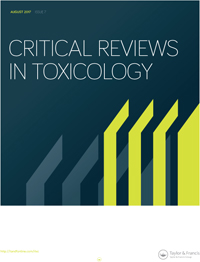 Peer reviewers, like authors, are supposed to
Peer reviewers, like authors, are supposed to 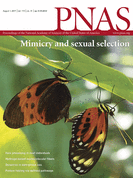 A once-prominent researcher in the field of infectious disease — who was found
A once-prominent researcher in the field of infectious disease — who was found 
